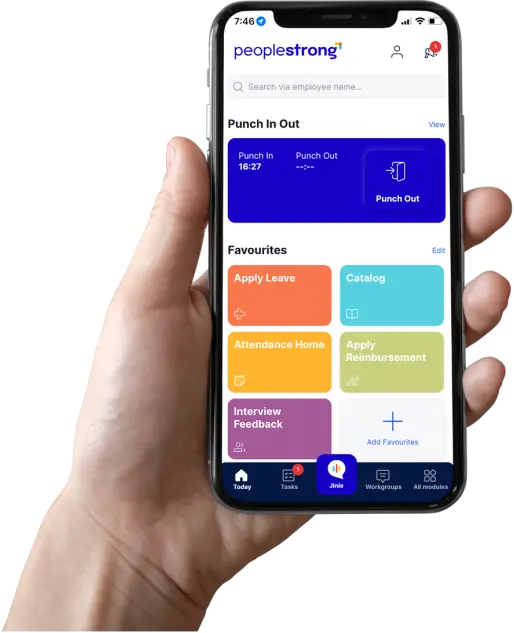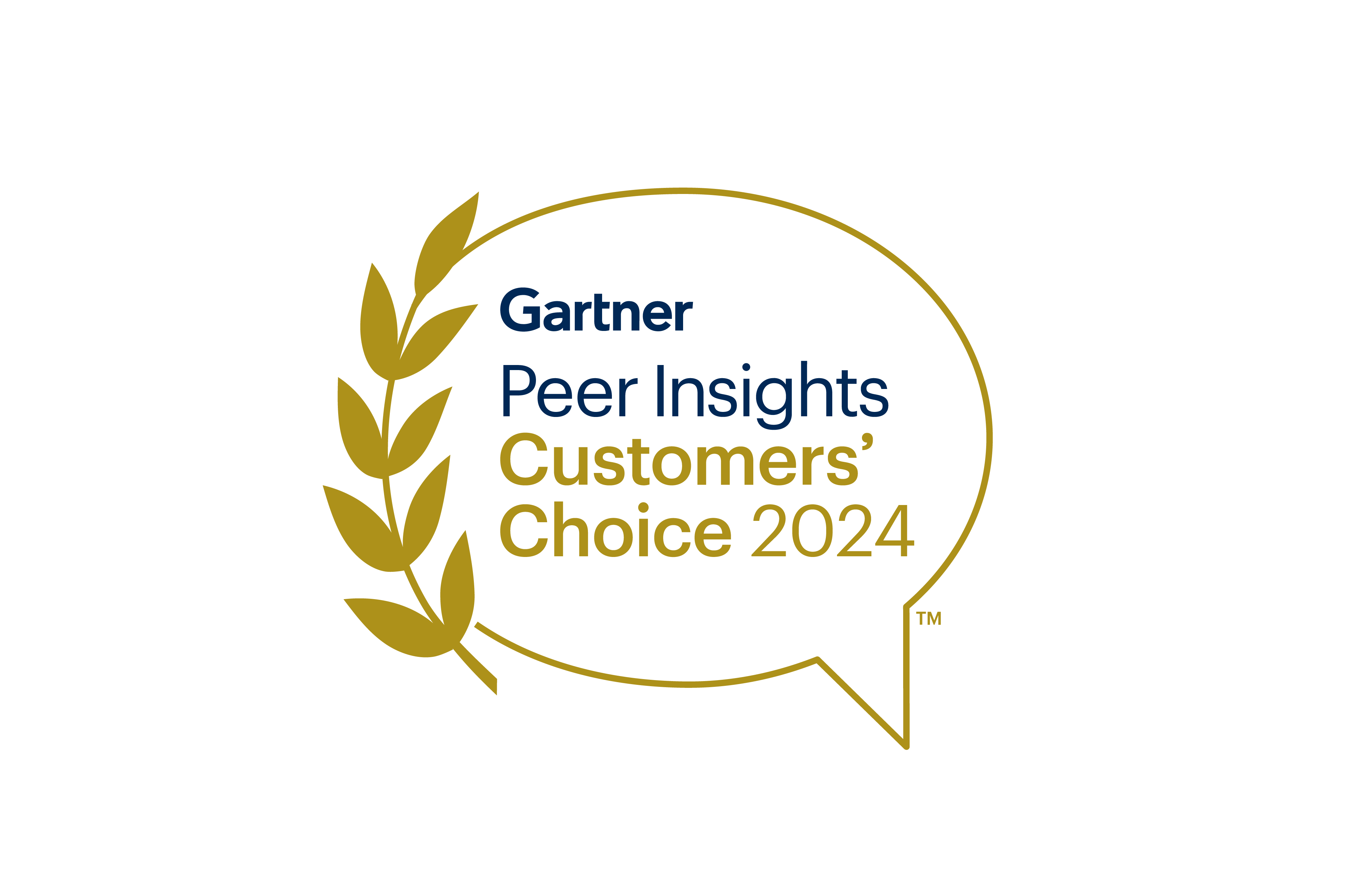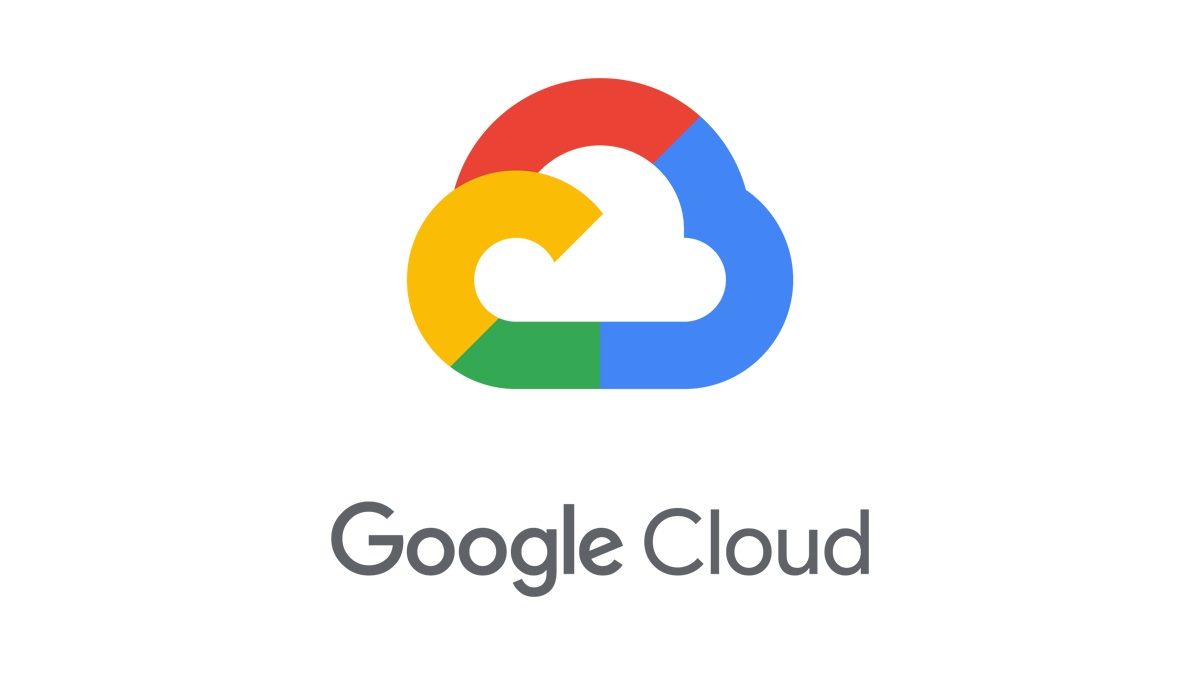$261,792.68.
That is what it will cost an average employer of 500 people if they do not equip employees with the latest HR technology, according to a detailed study by Ernst & Young.
If you are a founder or a people leader at a new age company reading this, it is important to note that while it might be manageable to handle HR processes manually when a company is small, it becomes exponentially difficult to do the same as the number of employees in the payroll increase.
In this article, we would like to make a case on why you need to opt for comprehensive HRMS software and how it can help fast-growing organizations increase productivity and reduce costs.
What got you here won’t get you there
The transition from early-stage to growth-stage and from growth-stage to late-stage is both quite unique in a founder’s journey.
At early-stage startups, the environment is informal with the founder knowing most of the employees on a personal level.
At this stage, the focus is on setting up people processes and putting the basics in place such as employee files, performance management, payroll processes, and admin tasks.
The founder or the HR team, at this size, typically uses a rudimentary HRMS tool to track HR processes or even a spreadsheet in many cases. But, as the number of employees increases, spreadsheets become cumbersome, and it becomes important to opt for an HRMS solution to save costs and increase productivity.
Case in point, a simple task such as filling forms such as ITR filings manually. Assuming an average of 12% errors in fill-rate based on a similar survey by Paycom, we are looking at significant cost savings to the tune of hundreds of dollars and an increase in productivity with the use of HRMS software.
And this is just the beginning. For a growing company, there are several “bureaucratic” tasks that become mandatory.
As the number of employees approaches 40, it also becomes crucial to have actual policy/programs for HR processes, adding management levels for different departments, recruitment, and setting up performance management processes that are not ad-hoc.
Here are the challenges that people leaders at fast growing companies face –
Hiring

When a company is just starting up, they can attract talent with the sheer force of the founder’s vision.
Since companies hire most of their employees via referrals at this stage, there is a temptation to continue with it as you scale. But, as the company grows, it is crucial to realize that the talent you hire, you hire for the future of the organization.
A company’s roles may change over time, and it is important for HR leaders to keep this in mind when hiring someone.
Startups will have to think in terms of what kind of skill sets and talent will fit the organization when they scale. And when they hire, it must be process-oriented rather than personal.
An experienced HR or people leader needs to put the right processes in place to hire talent, no matter what the size of the company is.
Managing Talent
According to Forbes, 55% of middle-market CHROs (Chief Human Resource Officers) tell us their training and development capability is either weak or extremely weak.
With the cost of talent ballooning over the past decade, there is an urgent need to upskill talent from within. Thankfully, of late, start-ups realize the need for L&D programs late after hiring multiple roles from outside for exorbitant salaries.
As a people leader in a new age company, it becomes crucial to measure the skill gap of your employees and help them overcome it.
Culture
“Culture in a company is: How do people behave when no one else is looking”
-Ben Horowitz
It is the responsibility of the people leaders and the senior management to determine the company culture, whether they like it or not.
In an era of hybrid work, people leaders can build a solid company culture and communicate values with a solid inter-team communication tool and build rapport.
The company will find its own culture and values even when not articulated well. It is paramount that the company takes control of the situation and directs the culture to match the goals they have set out to achieve.
Productivity
People leaders also face serious challenges when it comes to productivity and dealing with burnout and “Zoom Fatigue” in a post-COVID era. Add to it, cultural divides and communication gaps that may exist due to the remote work culture that people leaders need to consider.
To counter this, it is paramount for CHROs to create a solid plan that ensures business continuity and maintains productivity as we adapt to the hybrid work culture.
Diversity and Inclusion
A study by Forbes states that diversity is a top priority for CHROs in 2021, with 75% saying it is critical or extremely critical to the future financial performance of their enterprises.
Facilitating a diverse team as a company grows will also enable teams to accommodate diverse opinions and build resilient organizations.
Research by “Great Place To Work” states that when employees are treated fairly regardless of race, gender, sexual orientation, they are 5.4 times more likely to stay.
Managing the ever-growing administrative burden
With every new hire comes more administration and as the company grows, HR needs to find new ways to manage this efficiently.
For HR leaders, this cannot be ignored or de-prioritized as doing so can quickly become unsustainable for the people leaders. Be it policies, employee onboarding plans, vacation policy, or personnel issues, it ought to be handled before they crop up.
A good practice is to have a HRMS solution that puts all these policies in a single place that can be accessed by employees across the organization.
How to approach these challenges?
Given the limited resources HR has, how can a leader cope with such a big agenda?
Here are some tips from us.
- Do not go alone. According to Jason Lemkin from SaaStr, a veteran in the SaaS industry, you need to hire an internal recruiter as soon as you are making 1 new hire a month. He argues that it is worth the expense to make the entire process seamless, more efficient, and saves time and costs. We could not agree more.
- Get a comprehensive HRMS platform that can manage all people processes, be it recruiting, onboarding, Core HR, Payroll, Leave & Attendance, Performance, Learning, Succession Planning and so on. The main advantage of having a comprehensive HRMS platform such as PeopleStrong One App is that you can focus on the more strategic aspects such as culture, employer branding and reduce the time spent on repetitive administrative tasks.
- Get advice from peers. Peer networks can be a reliable source of advice and a way to connect with outside advisors who work well with companies your size.
Conclusion
People Leaders and CXOs have a lot on their plate as a company grows rapidly. But it is crucial to not miss the essential HR processes as you focus on the bigger picture.
At PeopleStrong, we have created a comprehensive HRMS platform with fast-growing new-age companies in mind.
If you would like to get a demo of the platform, feel free to reach out to us here.












